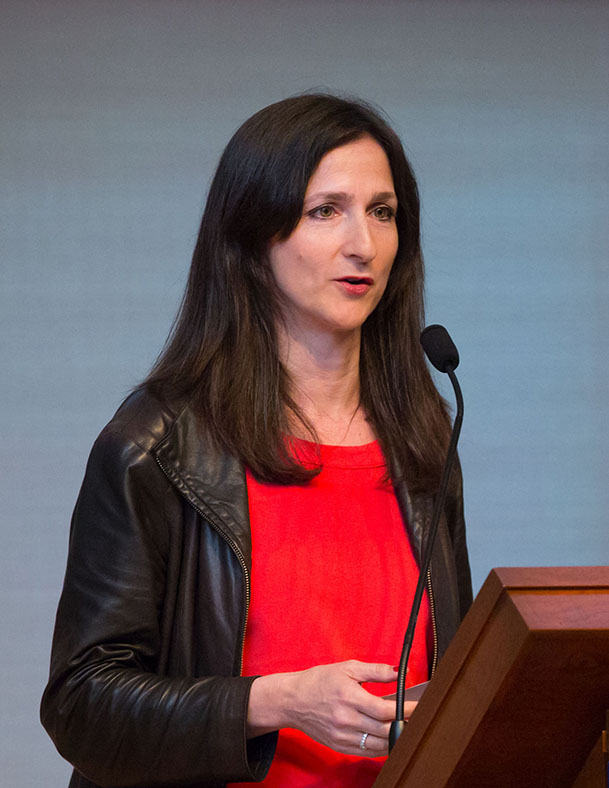

Sarah Seager is a planetary scientist who has dedicated her career to studying exoplanets. Exoplanets are planets that orbit stars other than the Sun. Sarah is a professor of planetary science at the Massachusetts Institute of Technology (MIT), and she is also a co-founder of the MIT Exoplanets Research Group.
Sarah has worked on a number of projects to study exoplanets, including:
Sarah is a recipient of the Order of the British Empire (OBE) for her services to science. She is also a fellow of the American Astronomical Society and the American Geophysical Union.
Sarah Seager is a leading expert on exoplanets.

The name "Sarah Seager" is a proper noun, not a noun. A proper noun is the name of a specific person, place, or thing.
The name "Sarah Seager" is a combination of two names, "Sarah" and "Seager".
The name "Sarah" is a Hebrew name that means "princess".
The name "Seager" is an English surname that means "sea warrior".
The first recorded use of the name "Sarah Seager" was in the 19th century.
The name "Sarah Seager" is an English name, and it is not related to any other languages.
What is Sarah Seager famous for?
Question:
Explain the pioneering work of Sarah Seager in the field of exoplanet research and its significance for our understanding of extraterrestrial worlds.
Answer:
Sarah Seager has made groundbreaking contributions to the field of exoplanet research, revolutionizing our understanding of distant planets beyond our solar system. As an astrophysicist and planetary scientist, she has focused on characterising exoplanets, particularly those that might be potentially habitable.
Seager's innovative work includes the development of methods to analyze exoplanet atmospheres and identify potential signs of habitability or even life. Her research has contributed to the detection of various exoplanet atmospheres and the identification of key molecules, such as water vapour and methane, which can provide insights into the conditions of these distant worlds.
One of Seager's notable contributions is her work on the concept of "biosignatures," which are potential indicators of life that could be detected in exoplanet atmospheres. By studying the spectral signatures of various molecules, she has helped lay the groundwork for future telescopes that could potentially identify signs of life on distant exoplanets.
Seager's pioneering efforts are of immense significance as they expand our understanding of the diversity of exoplanetary systems and the conditions that might allow for habitability. Her work not only advances astrophysics and planetary science but also ignites our imagination about the possibility of life beyond Earth, pushing the boundaries of our exploration of the cosmos.